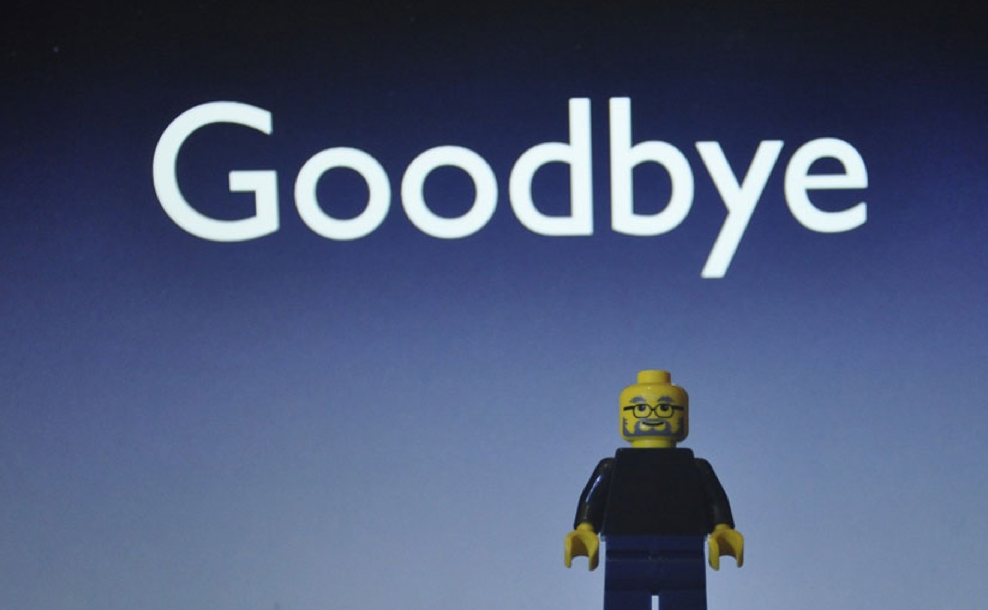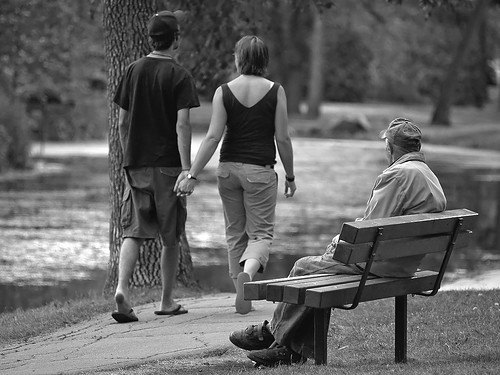This is from my recent reading of the book Elsewhere USA. In the book it describes that similar to the African areas of Mali and Malawi, America also practices a form of polygamy. All thanks to the laws of economics and biology.
A the book describes, one of the best predictors of polygamy in a society is income inequality. While America doesn’t approach at all those of some African villages, we are certainly number one in the Western world in income inequality.
As El sewhere describes:
sewhere describes:
The linkage between economic inequality and polygamy is two-way – that is, polygamy both causes and is caused by inequality. Let’s start with the basic fact that a man can produce thousands of offspring by spreading his seed while a woman is limited to around twelve or so. But when women choose their mates, they are not just after who can provide good sperm; they also want to make sure that a would-be father both has enough resources to support a child and will, in fact, invest time and money in that child.
Confronted with a distribution of income in which the distinctions across potential suitors is not terribly great, a woman will still try to land the best catch, but she probably will not be willing to share her man. If there are a thousand fish in the sea; it’s not worth it to take one half (or 1/3, or 1/4) of the resources of any given man. Better to go down a notch and enjoy the complete attention, time and money of the next richest fellow. However, sometimes the distinctions between men are so great as to alter the calculations. If a few men control almost all of the wealth while the vast majority have very little to offer in terms of a stable source of income, then it may be worth it to be the 4th wife of the very rich man rather than the first and only of a very poor one. At least you can guarantee your babies will eat well.
Now that the US income is becoming increasingly unequal, we’re becoming polygamists as well. Our version however are different than the African versions in these ways:
- Ours is not a static, mormon-type of polygamy but rather a dynamic version. It’s better suited for a society with fluid status and class positions like ours
- Ours is a polyandrous society – meaning multiple husbands
- America’s polygamy is both a result and a cause of inequality
The first point called “dynamic polygamy” can also be called “serial monogamy” It’s a semantic difference. As the author says,
If “being married” means producing offspring and/or having ongoing mutual responsibilities, then when you get a divorce, you are not really pressing the erase button, you are just building another thatched hut across town where you may set up with another wife while still paying child support, alimony, or plain old respects to the first. It doesn’t matter if the 2nd marriage started as an affair during the first, the end result from the point of view of family responsibilities is more or less the same: you have two wives (or husbands).
Our tendency to divorce is in many ways extremely similar to the form of polygamy that’s occurring in Africa. This results in something interesting things in America. For instance, many women today don’t get married at all as not all men have the means to support a family. It’s been calculated that there are now 60 eligible men for every 100 women.
Over the past 20 years, other things are happening in society. According to the book, the concept of a “starter wife” is becoming more and more uncommon whereas dual-earner mairrages (both people earn high wages) dual-poor marraiges are rapidly increasing. The rich are getting more rich and the poor are getting more poor (two low earning folks).
It’s interesting to think of divorce as a form of polygamy. When you hear that – how does that make you feel? Is it fair?

 sewhere describes:
sewhere describes:![Reblog this post [with Zemanta]](http://img.zemanta.com/reblog_e.png?x-id=7e38ee46-7938-45e7-8aaa-31e3c6362ddb)

![Reblog this post [with Zemanta]](http://img.zemanta.com/reblog_e.png?x-id=4ee1ba3b-2fad-4b05-93a0-8e99e8397447)